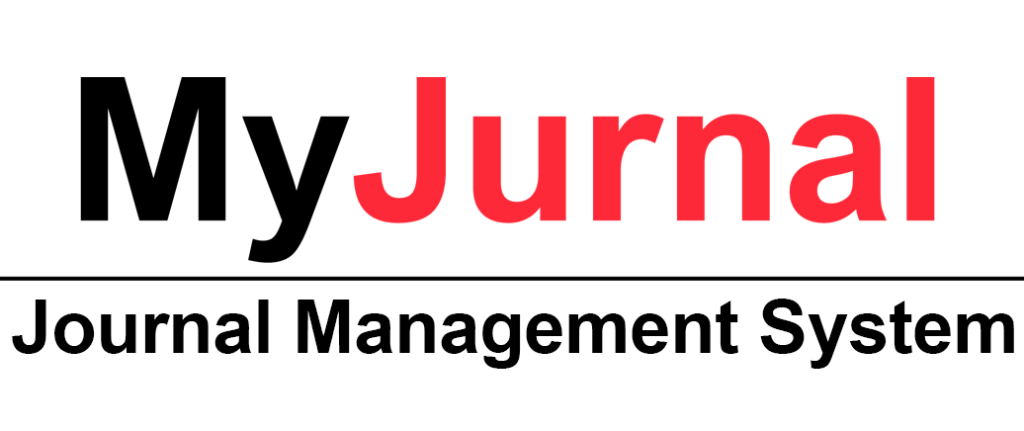Graduate Employability in Malaysia: Unpacking the Concept, Policy and Practices
DOI:
https://doi.org/10.31436/ijes.v11i2.471Keywords:
Graduate Employability, job market signalling, human capital, neoliberalism, Graduate Tracer StudyAbstract
This paper examined the issue of graduate employability in Malaysia by exploring its theoretical underpinnings, defining key concepts, analysing the levels of employability, and investigating the underlying socio-political-economic aspects of the issue. Other than the Malaysian context, the study also drew insights from international perspectives on the employed theoretical framework, comprising the theories of job market signalling, human capital, and neoliberalism, in order to provide a comprehensive understanding of graduate employability. Then, the study highlights the distinction between employability and employment, while emphasizing the long-term ability of graduates to obtain jobs aligned with their skill sets. It critically analysed the current Graduate Tracer Study (GTS) framework in Malaysia, which primarily focuses on employment status and unable to capture the broader concept of employability, particularly long-term employability. Suggestions were put forward to expand the GTS framework by including industrial insights, addressing the horizontal mismatch of employment and long-term employability. Socio-political-economic issues related to graduate employability, such as minimum wages, income inequalities, and gig work arrangements, were also examined. This was followed by the discussions on the role of the state governments in managing employment and employability issues, along with policy initiatives that are aimed at enhancing job quality and long-term employability. Overall, this paper presents a way forward for improving graduate employability in Malaysia. From the perspective of socio-political-economics, this paper has highlighted the challenges faced by gig workers, including job security and unstable income. In line with these, necessary recommendations were proposed, including graduates' learning skills development, the expansion of existing employability programs, the enhancement of the GTS, improvements in the gig-worker sector, collaboration between academia and industries, as well as promotions of entrepreneurship and innovation.
Metrics
Downloads
Published
How to Cite
Issue
Section
License
Copyright (c) 2023 IIUM Press, International Islamic University Malaysia

This work is licensed under a Creative Commons Attribution 4.0 International License.
The Journal will own copyright to all published works and have the right of first publication, both in print and online, unless other arrangements are made with the Editors in advance. It is the author`s responsibility to ensure that where copyright materials are included within an article the permission of the copyright holder has been obtained beforehand.























